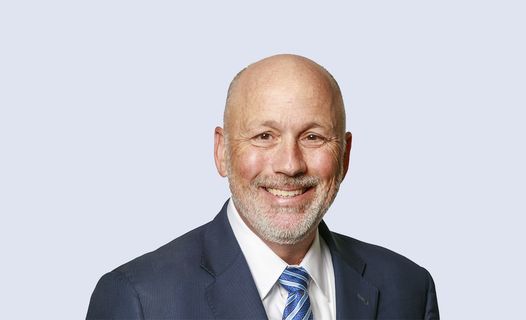Given the high interest in this year's presidential election and the number of undecided voters, passionate political discussions are taking place everywhere, including the workplace. Adding to the typical election year fervor are the overtones of race, gender and age that frame the historic 2008 presidential election. Given Barack Obama's status as the first African-American presidential nominee, John McCain's age (he just turned 72), Sarah Palin's selection as the first female on the GOP ticket and Hillary Clinton's unprecedented showing in the Democratic primary, there is indeed much to talk about.
But in the workplace, political discussions that involve race, gender or age can spell trouble. Take, for example, a hypothetical situation in which a supervisor questions whether or not the country is ready for an African-American or female president; or whether McCain is "too old" to be elected. Regardless of intent, such a statement could become evidence against the company in a future discrimination case.
Besides guarding against harassment, properly managing political talk in the workplace affects other areas of the business. Restricting political discussions likely will lead to higher employee productivity and a fair and impartial work environment where employees can thrive without feeling threatened due to their personal beliefs. While this year's historic events have made it more fun than ever to talk politics, the bottom line is that it is generally best to avoid these discussions at work.
This article appeared in the October 2008 issue of Kansas City Small Business Monthly.


